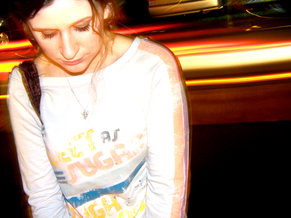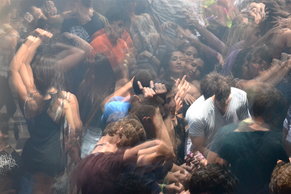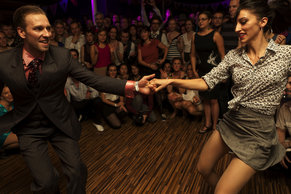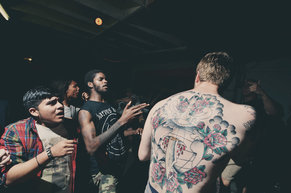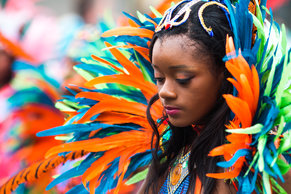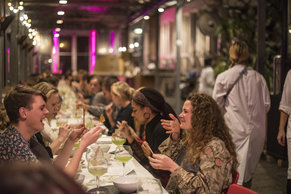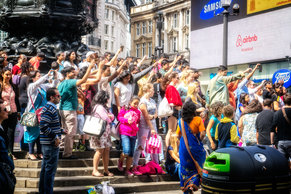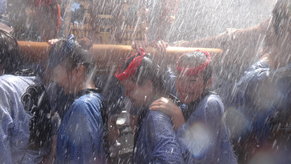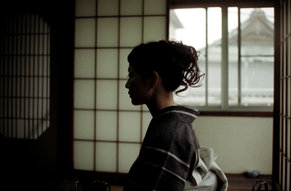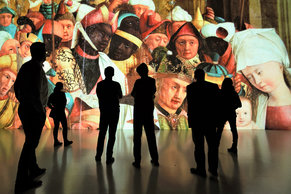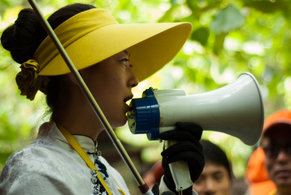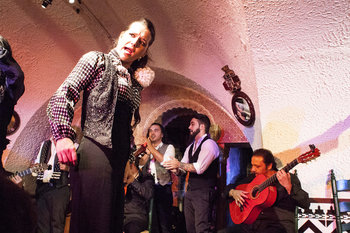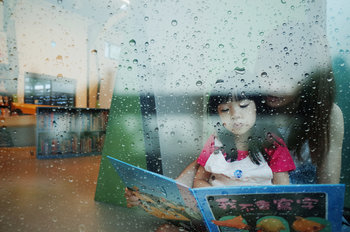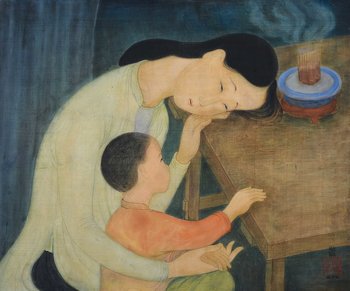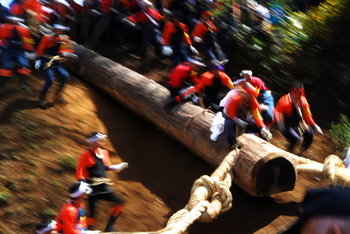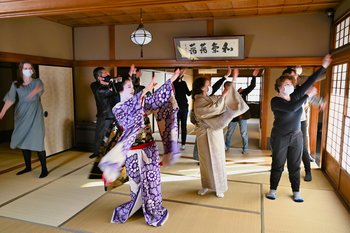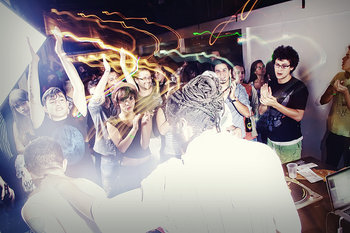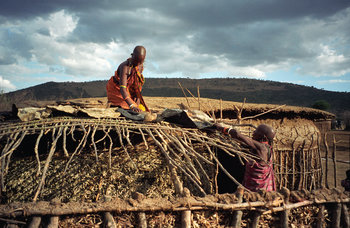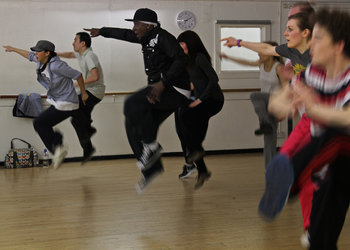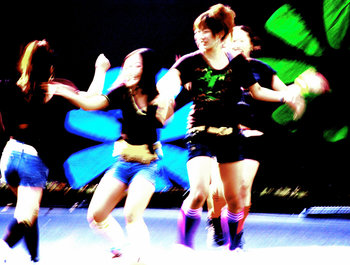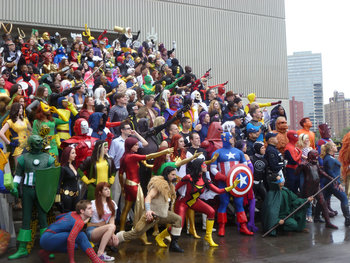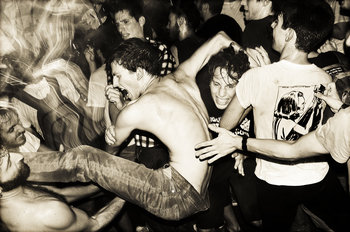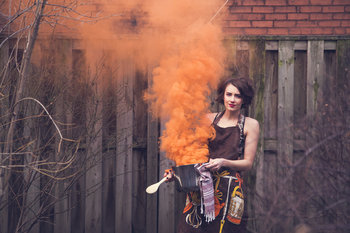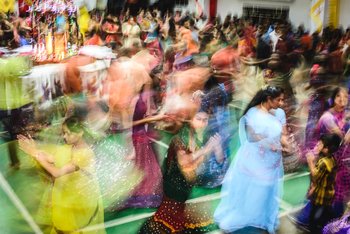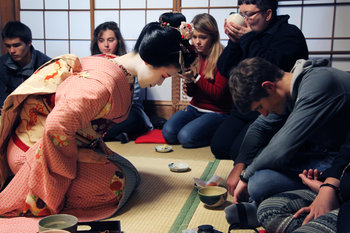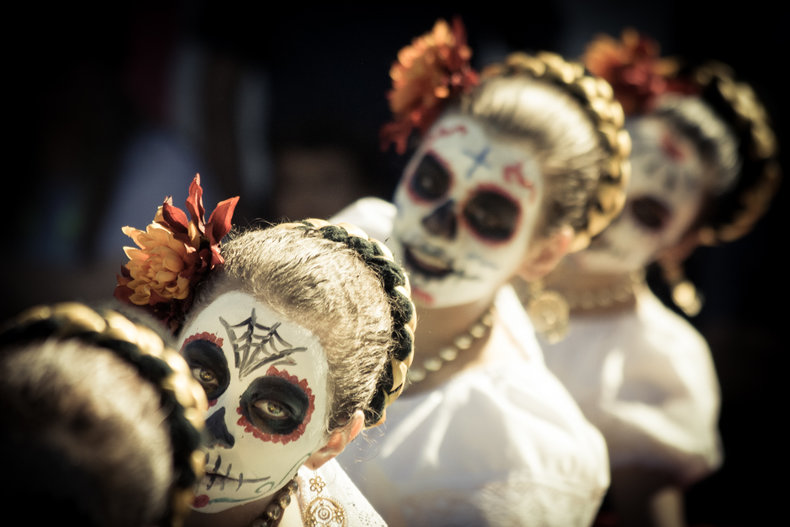
Norms
Norms are informal, unwritten rules that govern social behaviors. For example, it is unthinkable to wear shoes in the home in Japan.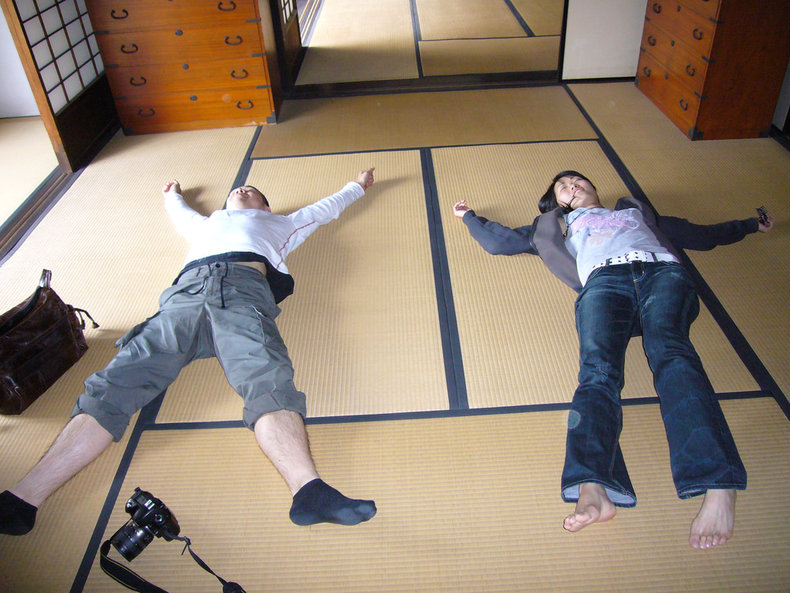
Languages
Languages change slowly with new words and conventions being added on an ongoing basis but are primarily an element of traditional culture that people first learn from their parents, grandparents, siblings and peers.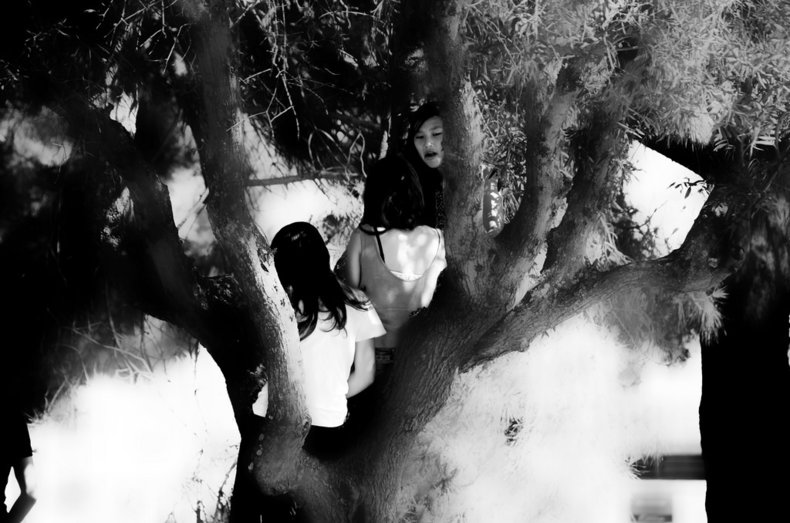
Festivals
Traditional events that celebrate some aspect of community culture, beliefs or history.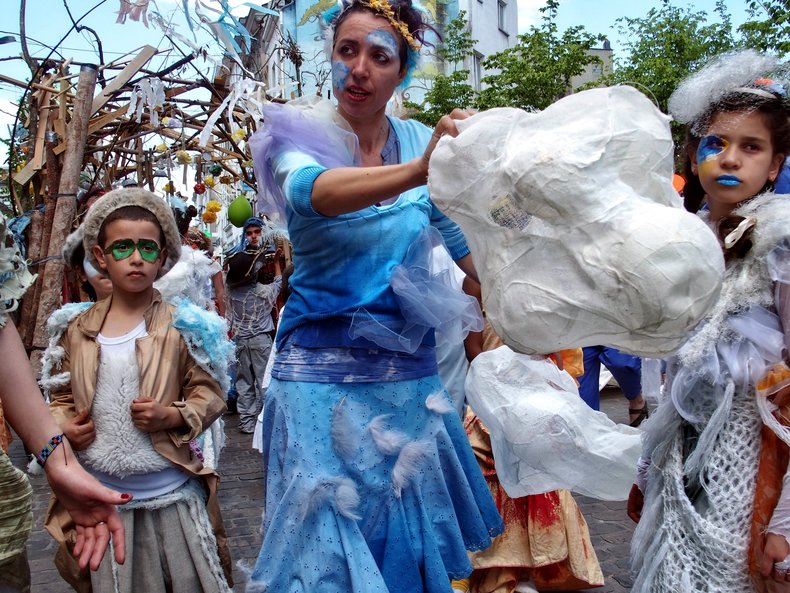
Rituals & Ceremony
A procedure that has symbolic meaning and importance often marking a rite of passage.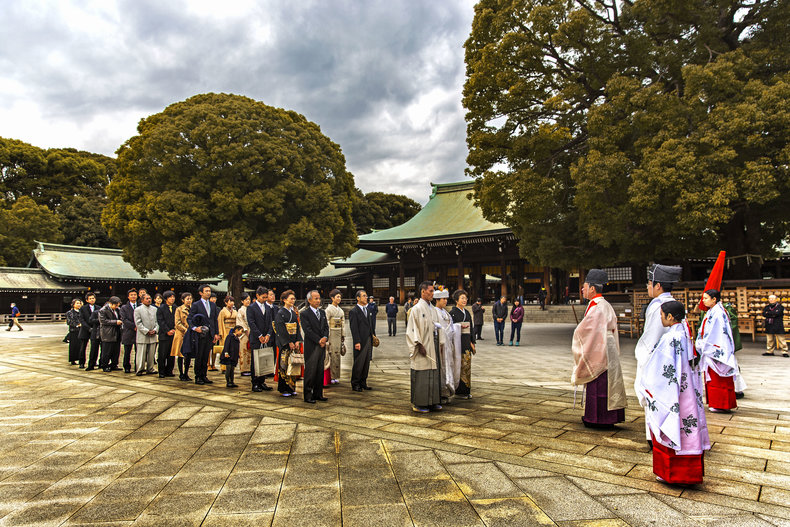
Holidays
Days that celebrate or commemorate an event, culture, belief or change of season.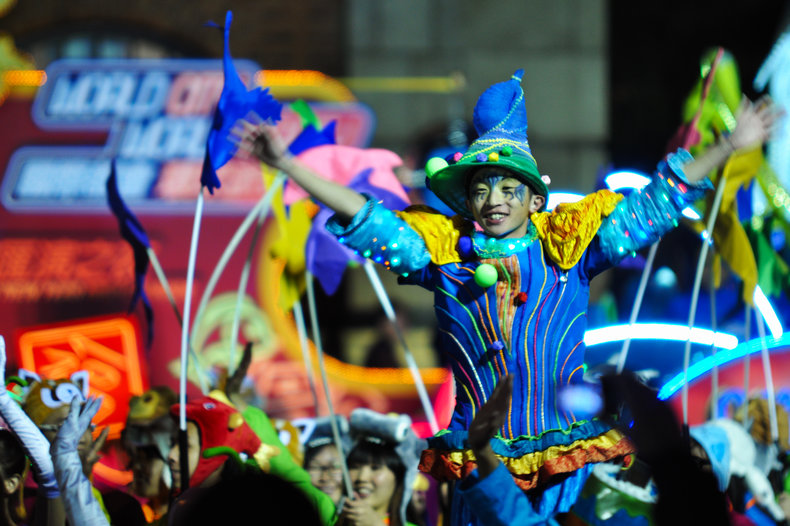
Pastimes
Pastimes are things that people do for enjoyment such as sports, hobbies and recreation. These often have a history such that people enjoy them as children and then pass them on to their children.
Food
The cultivation, selection, preparation and appreciation of food passes from one generation to the next. This includes traditional fine dining and proper social meals as well as foods that are associated with holidays, pastimes and recreation such as ice cream on a hot summer day.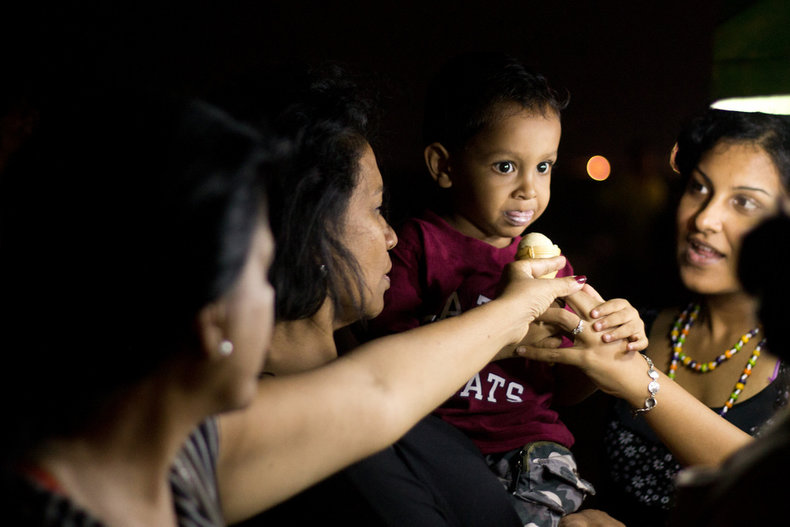
Fashion
Fashion tends to change quickly such that many cultures have transitioned to a model whereby daily clothing is provided by the global fashion industry. Nevertheless, traditional clothing is often preserved as an element of culture associated with holidays, rituals, professions and pastimes.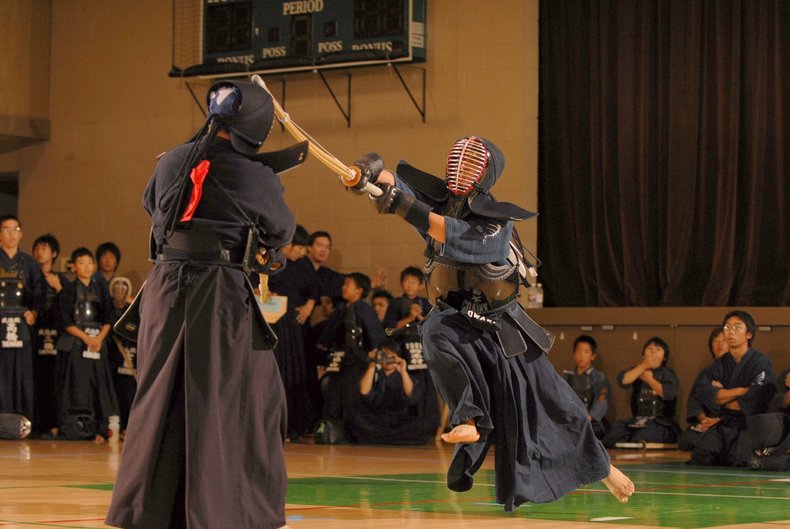
Architecture
Traditional architecture including preservation of historical structures and the use of traditional materials, construction techniques and architectural designs for new buildings.
Craft
Production of things in a traditional way as a trade, domestic work or hobby.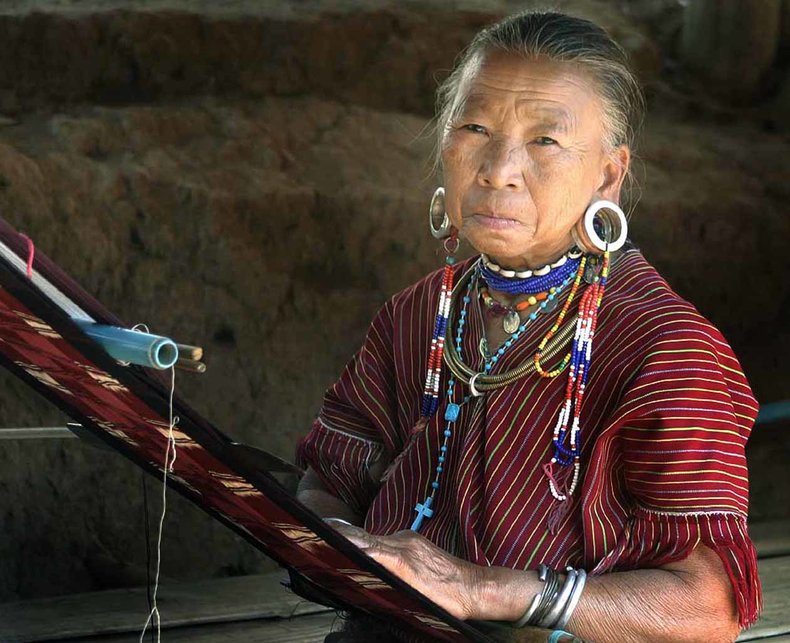
Traditional Economy
Traditional means of production, distribution and economic exchange.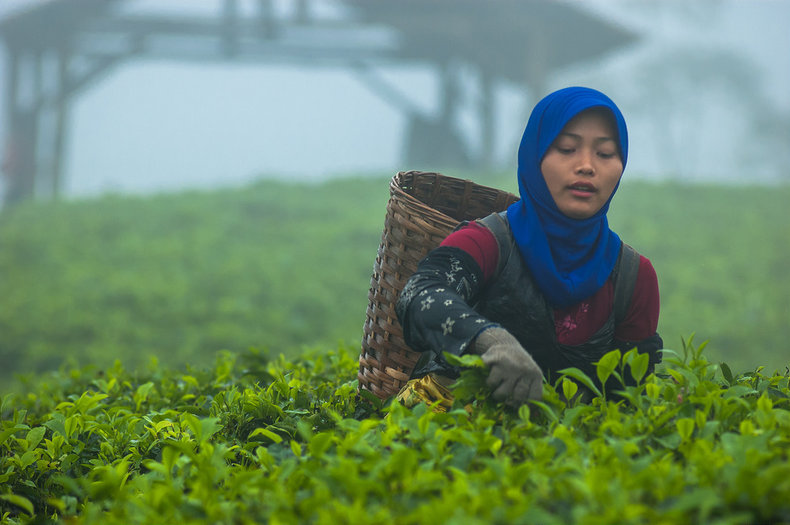
Lifestyle
A traditional way of living on a day-to-day basis in areas such as work, relaxation, transportation and social interaction.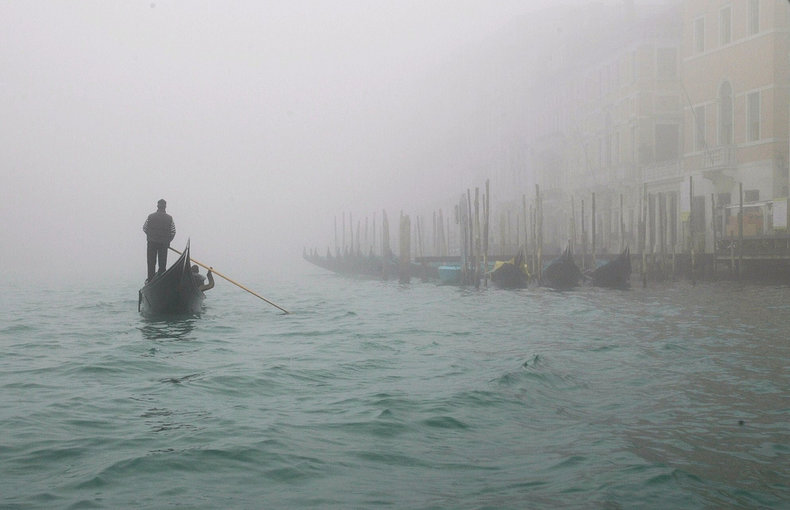
Belief
The way that communities traditionally interpret life including religion, philosophy, narrative, symbols, ideas and values.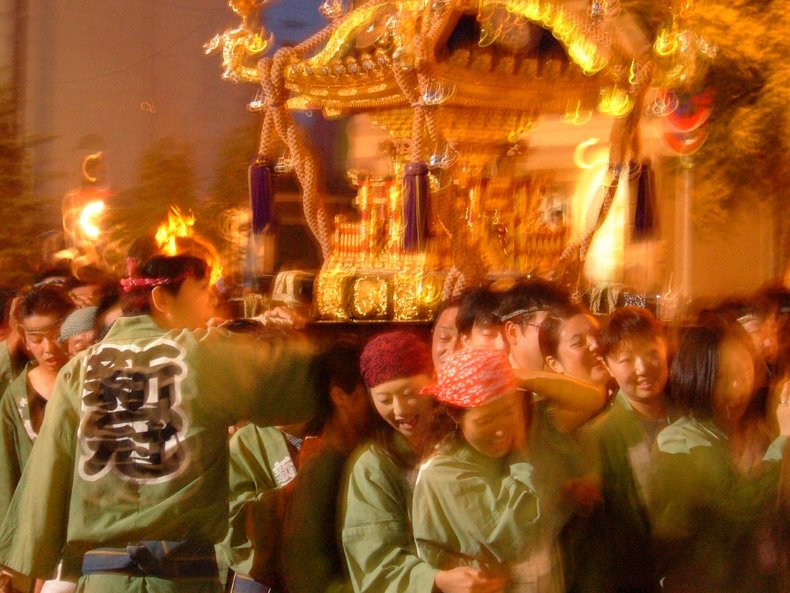
Knowledge
Any pervasive knowledge that survives across multiple generations can be considered a tradition.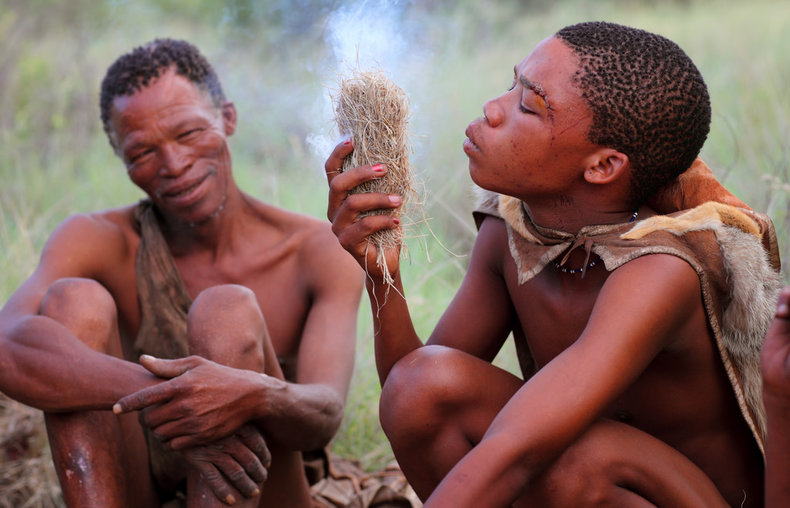
Art
The expression of human creative imagination. Art typically has well established traditions that are continually challenged by each successive generation. Successful challenges become the tradition.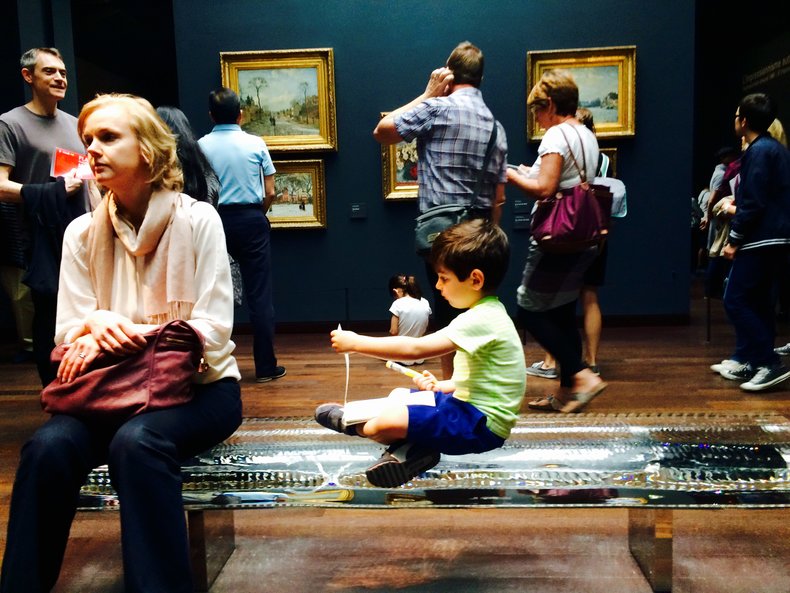
Music
Music traditions include musical notation, theory, elements, instruments, styles and folklore. As with art, each generation tends to challenge things such that music traditions evolve with time. In other words, music traditions are living and emergent as opposed to static and historical.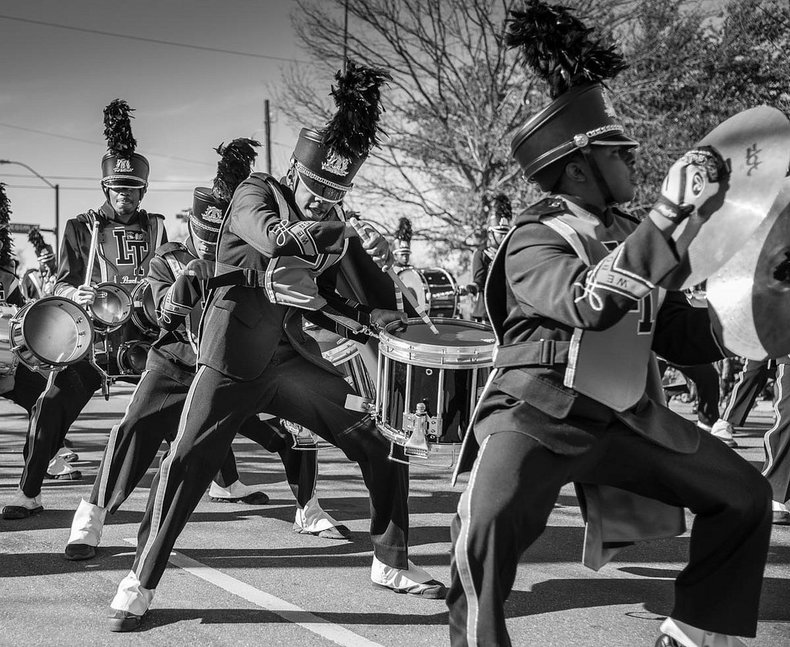
Summary
The following are common examples of traditional culture.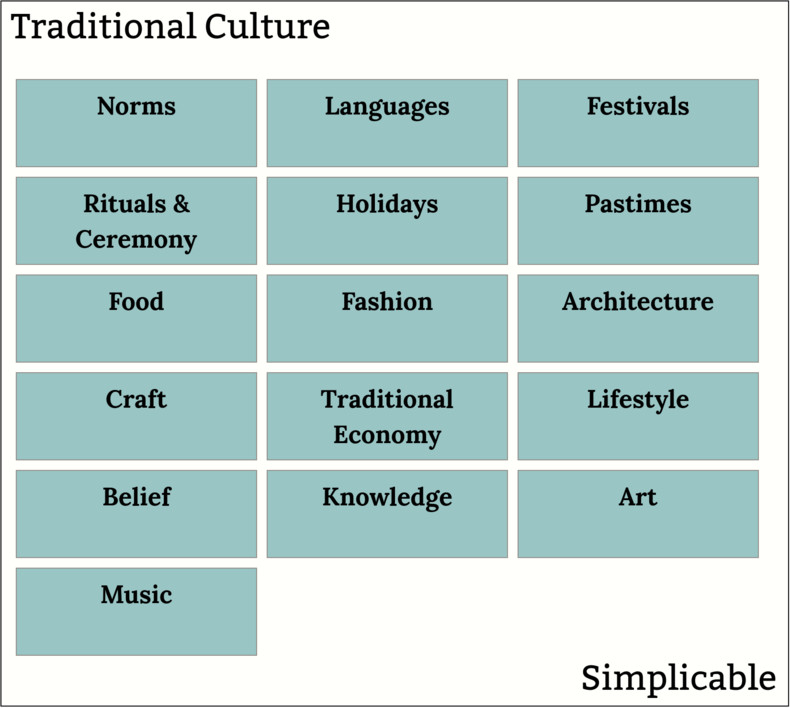
Overview
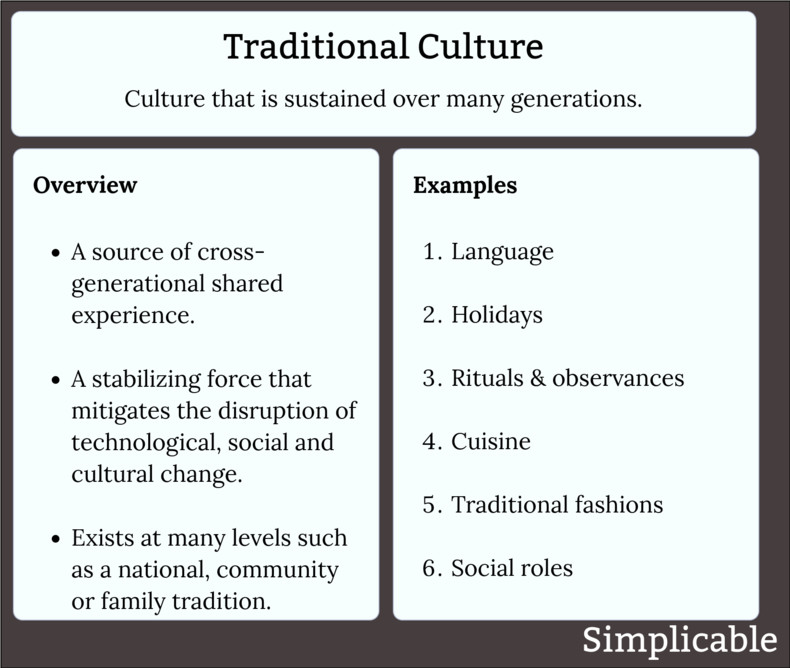
| Overview: Traditional Culture | ||
Type | ||
Definition | Shared experiences that are transferred from generation to generation. | |
Related Concepts | ||

